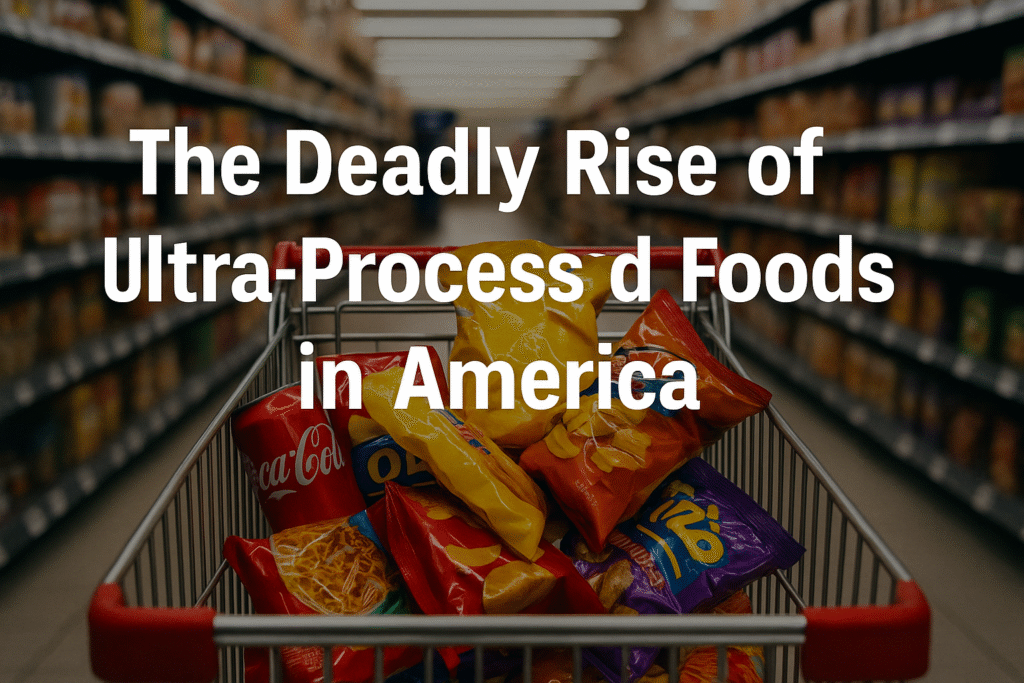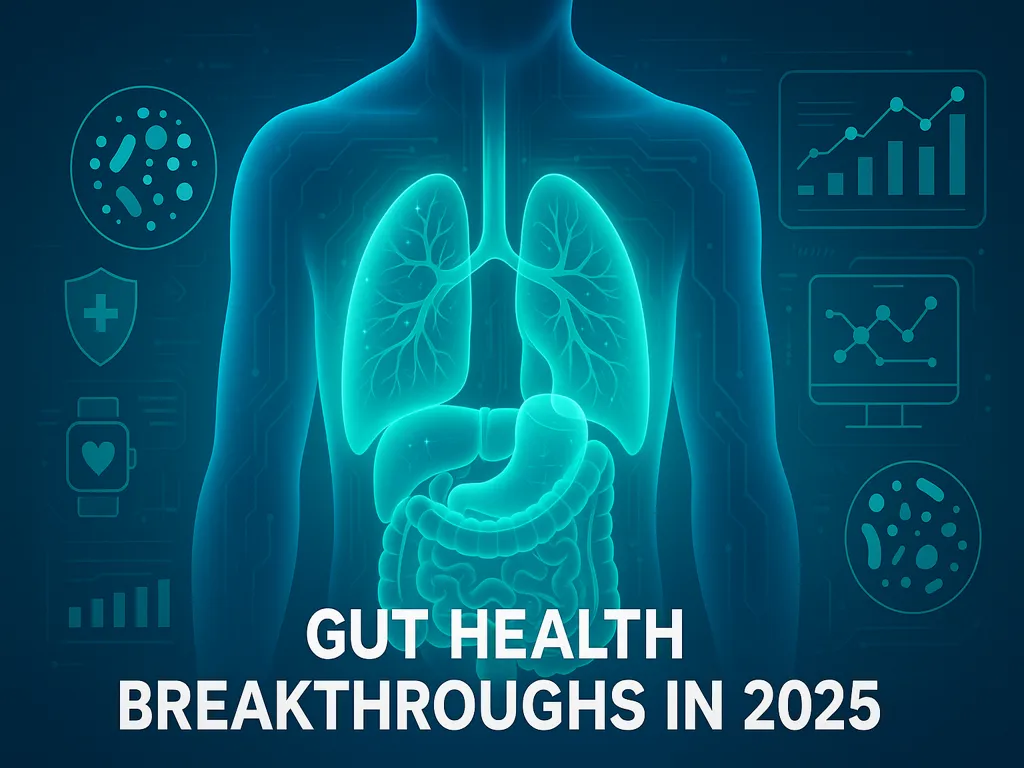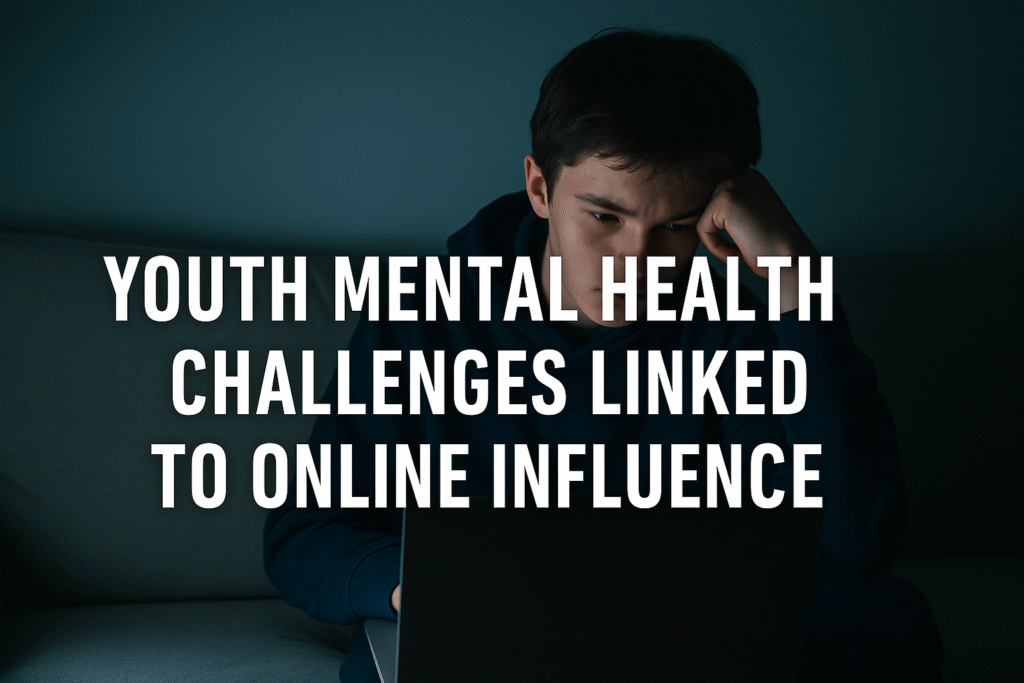Ultra-Processed Foods Deaths 2025 are now responsible for an estimated 124,000 premature deaths annually in the United States, according to a new study published in the American Journal of Preventive Medicine. This staggering figure surpasses deaths associated with opioid overdoses and highlights the urgent need for systemic changes in American dietary habits.
While obesity and metabolic syndrome have long been associated with poor dietary choices, this new data brings a sharper focus on the specific dangers of UPFs—foods that are chemically formulated with additives, artificial flavors, and minimal nutritional value. From sugary cereals and sodas to packaged snacks and processed meats, these products now account for a significant proportion of the average American diet.
What Are Ultra-Processed Foods and Why Are They Harmful?
Ultra-processed foods go beyond simply being unhealthy; they are engineered to be hyper-palatable and addictive, often leading to overconsumption. Defined by their industrial formulations—using ingredients rarely found in home kitchens, such as hydrogenated oils, maltodextrins, emulsifiers, and colorants—these foods are stripped of their natural nutritional profiles.
Research shows that diets high in UPFs are linked to:
- Increased risk of obesity and type 2 diabetes
- Elevated inflammatory markers
- Higher incidence of cardiovascular diseases
- Greater likelihood of certain cancers
- Accelerated cognitive decline and mental health disorders
A meta-analysis from 2023 confirmed that individuals consuming the highest quantities of UPFs had a 50% higher risk of dying prematurely compared to those with minimal intake.
The Widespread Impact on Public Health
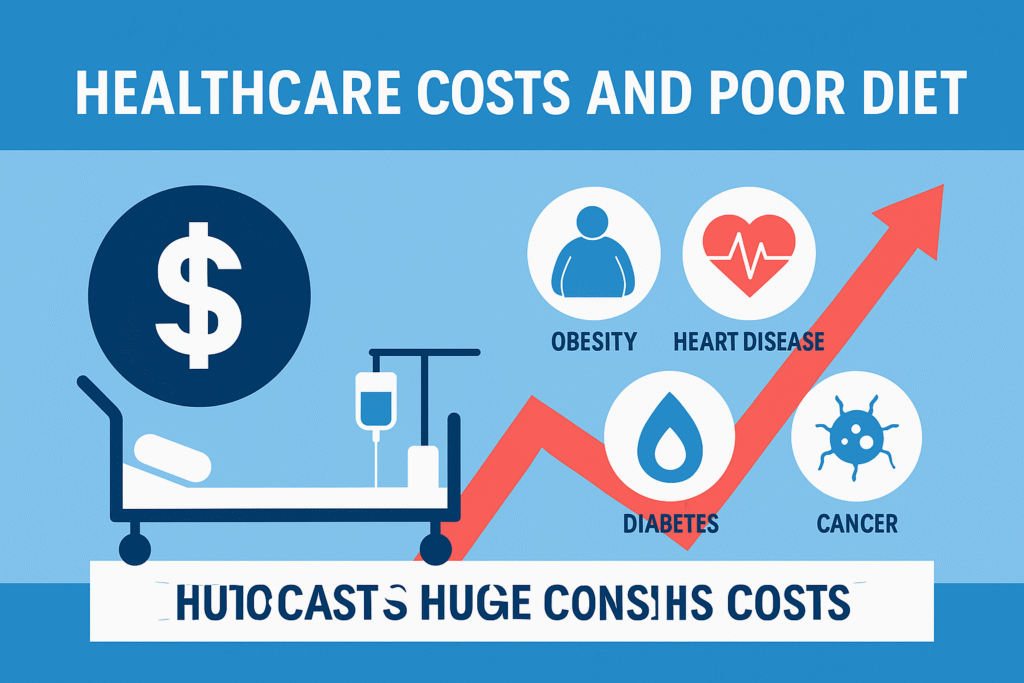
The consequences of ultra-processed food consumption extend beyond individual health outcomes. They place an enormous strain on the American healthcare system, contributing to rising costs related to the treatment of chronic conditions such as heart disease, diabetes, obesity, and certain cancers. Experts estimate that dietary-related illnesses account for nearly 20% of annual healthcare expenditures in the United States.
Moreover, the impact is not evenly distributed. Low-income communities and marginalized groups are often disproportionately affected due to limited access to fresh, whole foods and the aggressive marketing of cheap, ultra-processed products. Food deserts—areas where nutritious food is scarce—exacerbate the dependence on packaged and fast foods, perpetuating cycles of poor health outcomes across generations.
Ultra-Processed Foods Deaths 2025 vs. Other Leading Causes
The new data positions ultra-processed foods as a more significant threat to American lives than many traditionally recognized causes. For comparison:
- Drug overdoses, including the opioid crisis, accounted for approximately 106,000 deaths in 2022.
- Traffic accidents caused roughly 43,000 deaths in the same year.
- Gun-related deaths totaled about 48,000.
In contrast, dietary habits—specifically the consumption of ultra-processed foods—are now implicated in over 124,000 deaths annually. This staggering figure demands a reframing of public health priorities and resources, placing nutrition at the center of preventive healthcare strategies.
Policy Responses and Future Outlook
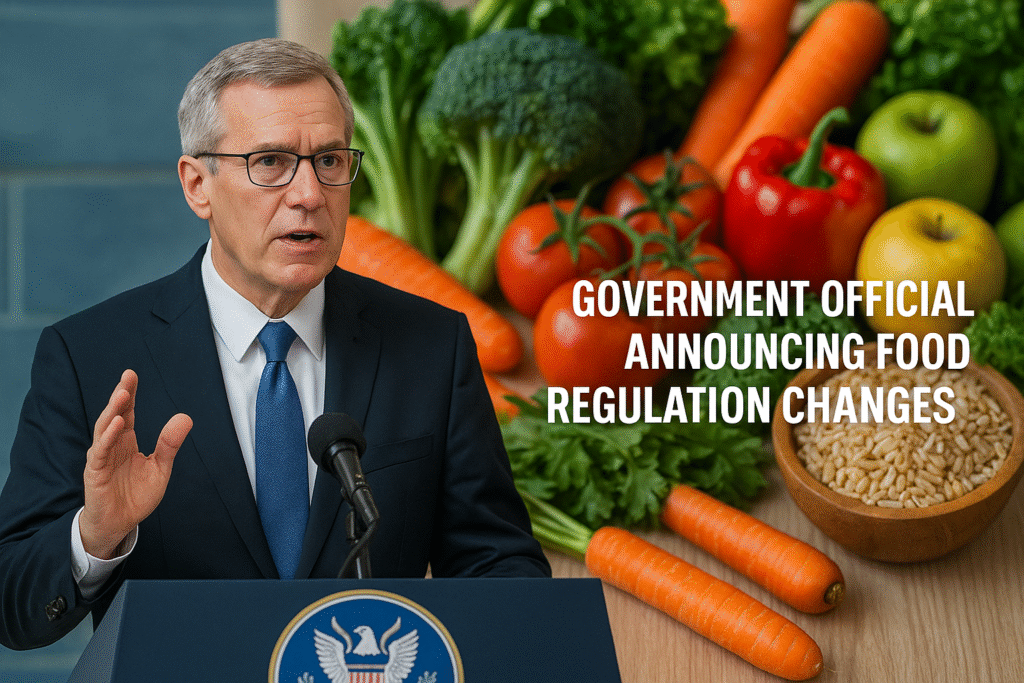
Recognizing the mounting evidence, public health advocates are calling for urgent interventions, including:
- Stricter regulations on marketing ultra-processed foods, especially to children.
- Clearer food labeling to highlight degrees of processing.
- Government incentives for the production and distribution of whole, minimally processed foods.
- Educational campaigns to raise awareness about the risks associated with UPFs.
Some cities and states are already experimenting with initiatives to tax sugary beverages and require warning labels on high-processed food products. Meanwhile, healthcare professionals are advocating for nutrition to be emphasized more heavily in medical education and primary care practices.
The future of American health may well depend on reshaping the national diet—away from industrially engineered convenience foods and back toward nutrient-dense, natural options.
Main Takeaways
- Ultra-processed foods are now linked to approximately 124,000 premature deaths annually in the US.
- These foods contribute significantly to chronic diseases, including obesity, diabetes, heart disease, and cancer.
- Dietary-related illnesses account for a substantial portion of US healthcare costs.
- Vulnerable populations are disproportionately impacted by high UPF consumption.
- Public health experts urge stronger regulations, better labeling, and broader nutrition education to combat this growing crisis.
Source:
Further Reading
To complement your understanding of health and nutrition, explore our guide on effective exercises:
👉 10 Best Exercises for Rapid Weight Loss

